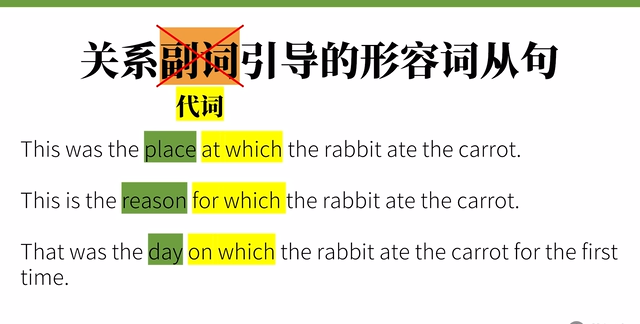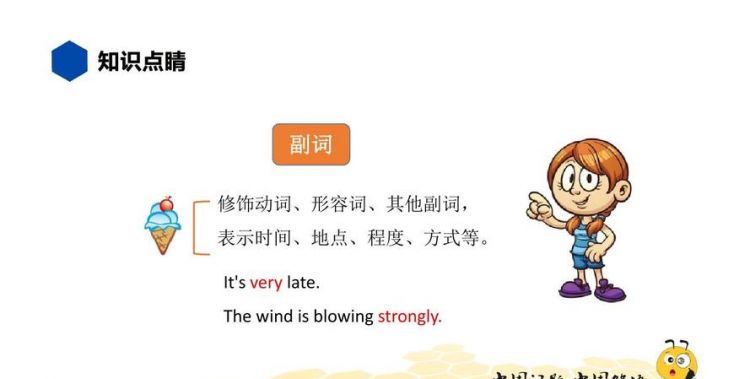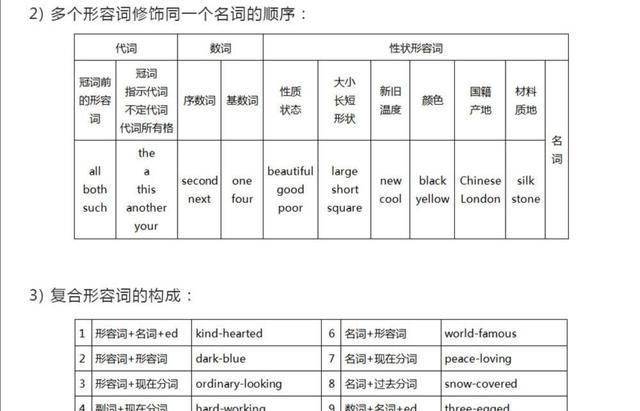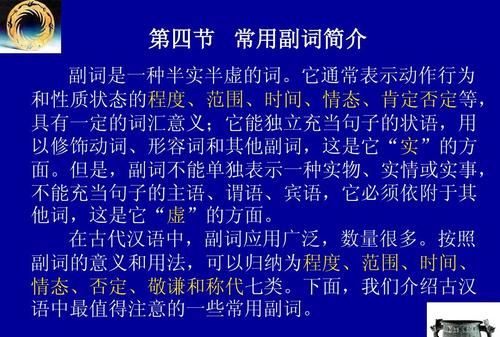本文目录
go to the top of the tower
第一个短语中的up是副词,表示:朝上,向上。向上走登塔。
第二个短语中up则是介词,表示:沿着…朝上,后面可以跟名词做介词宾语,这里就是tower。沿着塔向上走。

英语中怎么区分副词和介词的区别
副词是修饰动词的(有动作趋势的次),介词后面动词+ing或者是一个固定搭配

副词还是介词up不是既可以使副词也可以被动
up 可以是副词也可以是介词。如
pick it up。(副词)
come up the road。(介词)

up做介词与作副词的区别
1. 介词 If a person or thing goes up something such as a slope, ladder, or chimney, they move away from the ground or to a higher position. 向上
例:They were climbing up a narrow mountain road.
他们正爬上一条狭窄的山路。
例:I ran up the stairs and saw Alison lying at the top.
我跑上楼梯,看见艾莉森躺在顶上。
副词 Up is also an adverb. 向上地
例:Finally, after an hour, I went up to Jeremy's room.
一个小时后,我终于上楼去了杰里米的房间。
例:Intense balls of flame rose up into the sky.
炙热的火球冲上天空。
2. 介词 If a person or thing is up something such as a ladder or a mountain, they are near the top of it. 靠近…顶端
例:He was up a ladder sawing off the tops of his apple trees.
他在梯子上锯苹果树的树冠。
副词 Up is also an adverb. 靠近顶端 [ADV after v]
例:...a research station perched 4,000 meters up on the lip of the crater.
…位于海拔4000米,靠近火山口的一个研究站。
3. 副词 You use up to indicate that you are looking or facing in a direction that is away from the ground or toward a higher level. 朝上 [ADV after v]
例:Keep your head up, and look around you from time to time.
抬起头来,不时地环顾四周。
4. 副词 If someone stands up, they move so that they are standing. 起来 [ADV after v]
例:He stood up and went to the window.
他站了起来,走向窗户。
5. 介词 If you go or look up something such as a road or river, you go or look along it. If you are up a road or river, you are somewhere along it. 沿着 [v PREP n]
例:A line of tanks came up the road from the city.
一排坦克由市里沿路开过来了。
例:We leaned on the wooden rail of the bridge and looked up the river.
我们靠在桥的木栏杆上,沿河望去。
6. 副词 If you are traveling to a particular place, you can say that you are going up to that place, especially if you are going toward the north or to a higher level of land. If you are already in such a place, you can say that you are up there. 向上 (尤指向北方或向高处); 在 (北方或高处)[mainly SPOKEN]
例:I'll be up to see you tomorrow.
我明天上来看你。
例:He was living up North.
他当时正住在北方。
7. 副词 If you go up to something or someone, you move to the place where they are and stop there. 往
例:The girl ran the rest of the way across the street and up to the car.
那个女孩穿过街道,跑完剩下的一段路,来到那辆车旁。
例:On the way out a boy of about ten came up on roller skates.
在出去的路上,一个大约十岁的男孩穿着旱冰鞋滑了过来。
8. 副词 If an amount of something goes up, it increases. If an amount of something is up, it has increased and is at a higher level than it was. 增多; 上涨
例:The total budget went up almost $300 million.
总预算几乎增加了3亿美元。
例:Tourism is up, jobs are up, individual income is up.
旅游火了,职位多了,个人收入涨了。

以上就是关于怎么区分up是介词还是副词 ,go to the top of the tower的全部内容,以及怎么区分up是介词还是副词 的相关内容,希望能够帮到您。

